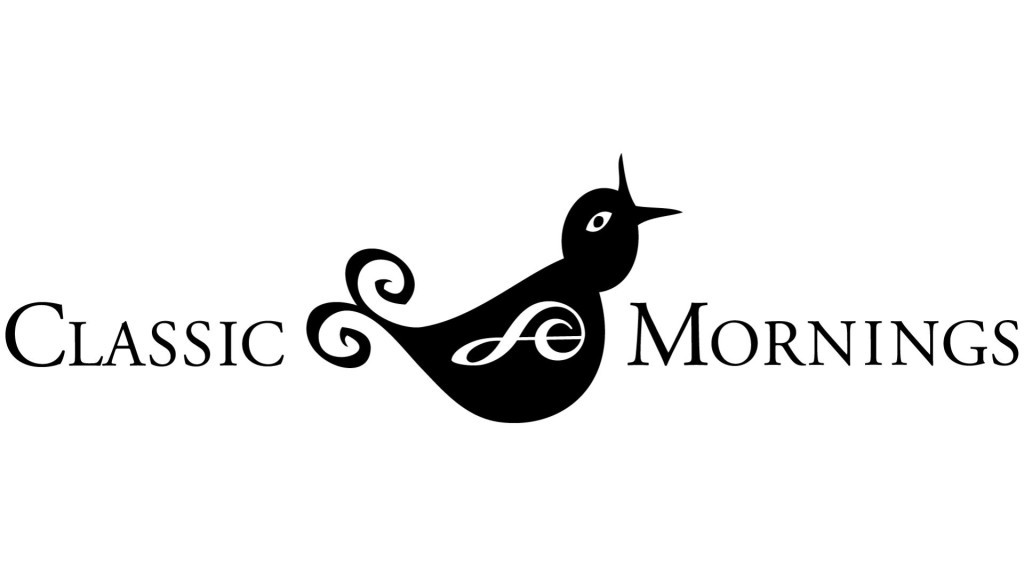Celery, Celebrity, and Celebration

Oh, this was amusing! And I can imagine that similar stories could be shared by famous musicians – or their parents.
He revealed that his first instrument was drums, which he played when he was 2 years old. He told the audience at the NEA Jazz Masters Awards ceremony in 2014 that he used the kitchen table for drums and celery sticks for drumsticks. More than random strokes, his mother discovered that he was playing along with melodies coming from the radio.
He also remembered sitting at the piano, looking at a piece of music and saying it was too hard to play. His mother asked if he could play the first note. “Yes,” he said. She asked if he could play the second note. Again, he said: “yes.” Given that, she assured him that he could play the piece. At age 7, he was playing advanced pieces by Bach, Mozart, and Beethoven.
In high school, he developed an interest in jazz. The rest is history, though I skipped over the details of that history when I was listening to an online tribute/interview with American pianist, composer, and jazz legend Keith Jarrett, who turned 80 on May 8. The video, posted a couple of years ago, was hosted by Rick Beato.
Jarrett learned to play other instruments, including the harpsichord, clavichord, saxophone, and recorder. But it was hearing recorder superstar Michala Petri performing in concert which prompted him to work with her. They made recordings of sonatas by Bach and Handel with Jarrett featured on the harpsichord. I play some of those sonatas on Classic Mornings, and chose one by Handel for Jarret’s birthday.
The New Zealand-born cellist/conductor Ross Pople celebrated his 80th birthday just a few days later, on May 11. Pople is the longtime conductor of the London Festival Orchestra. He’s not as well known as Keith Jarrett, but his bio at the Hyperion Records website credits him with introducing London audiences to celebrities like violinist Tasmin Little, bass-baritone Bryn Terfel, and pianist Pascal Rogé.
It’s interesting whenever stardom encounters anonymity. Recently, I was reminded that in 2007, The Washington Post approached violinist Joshua Bell about hanging out in a Washington, D.C. subway station, wearing a baseball cap and simply playing his violin – like a busker. They wanted to see if people would stop and listen, or if anyone would recognize Bell. About 7 or 8 folks did stop. One person recognized him. And he made about $30 from busking. Somebody commented online that Bell played the same repertoire in a concert hall and made considerably more.
This is Joshua Bell we’re talking about! And Classic Mornings listeners know who he is. But for busy commuters, it was just a guy playing a violin. What a shame that they didn’t know who the violinist was, and that he probably played the music as well as they would ever hear it.
It reminded me during the recent fund drive that when I’m playing selections on Classic Mornings, including those with Joshua Bell, there are so many people who will never find their way to our end of the radio dial. But many listeners have. And I hope that they’re much richer for it, musically. They’ve discovered music that may have changed their lives in little ways or even big ways.
I glanced at Joshua Bell’s upcoming itinerary. He’ll be playing in some of the finest concert halls in the world. Don’t worry. He’ll be recognized, and heard. And he’ll be appearing with young musicians at one point. They may be further inspired by performing with him.
I had another thought during the fund drive. When somebody tells you where they were born or where they live, and it’s a place you’ve never heard of, haven’t you sometimes asked them what big city it’s close to? It’s not to minimize the importance of their town or city. But it at least helps you get an idea of where it’s located. In a similar way, when I play a piece of music by a lesser-known composer, I usually mention the names of their more famous contemporaries, so that listeners can get a better idea of when the music was written. After all, we listen regularly to music of 200 or 300 years ago. Little by little, listeners begin to recognize music of the late 1600s, the late 1700s, the early 1800s, etc. And lesser known composers become better-known.
I mentioned all of that on the final Classic Mornings program of the Spring Fund Drive. WILL Radio received an amazing number of gifts that day, helping to make it the most successful fund dirve in 5 years! Thank you for your support! And I hope you’ll join us for Classic Mornings, Monday through Friday from 9-noon on FM 90.9 or online at will.illinois.edu.

